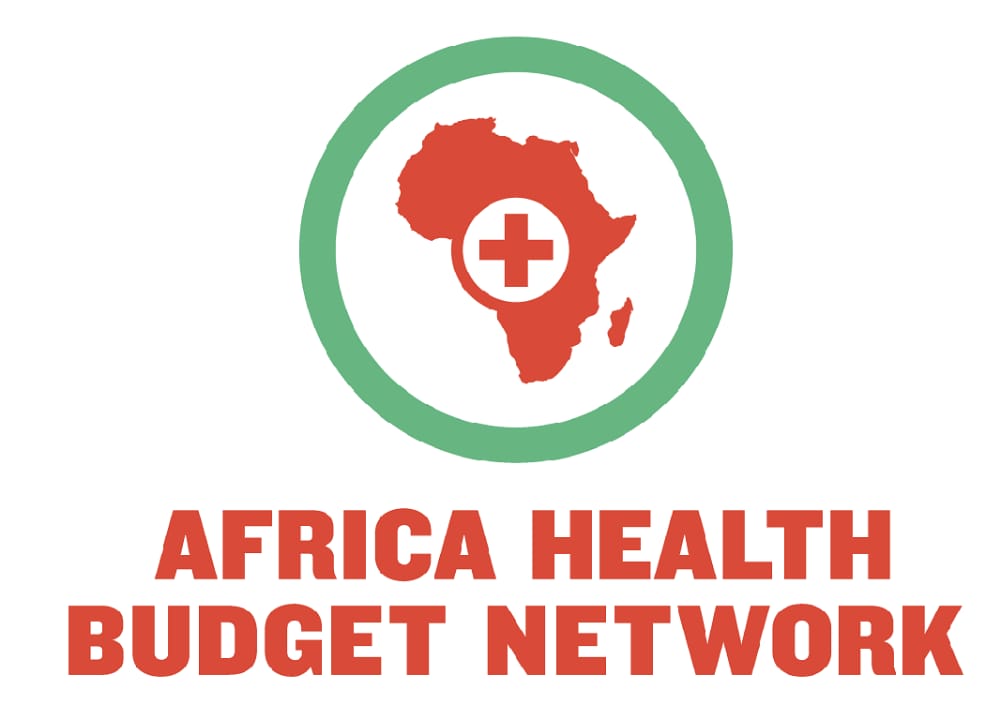
By Iyemah David
The Africa Health Budget Network (AHBN), has highlighted the need for improved advocacy and accountability for women’s, children’s, and adolescents’ health and well-being.
Mrs Oyeyemi Pitan, Engagement and Partnership Consultant, AHBN, gave the highlights on Thursday in Abuja, at a meeting for CSOs and the Media to review commitments made by the government on Reproductive Maternal, Newborn, Child, Adolescent, Elderly+Nutrition (RMNCAEH+N).
Ms Pitan said that addressing gaps in knowledge for advancing advocacy and accountability for women’s, children’s, and adolescents’ health and well-being,” was essential.
She said all hands must be on deck, CSOs, Media, and young people should be part of the Collaborative Advocacy Action Plan to improve access to healthcare services for women, children, and adolescents, as well as strengthen health systems in the country.
She called on civil society organizations and the media to step up their efforts in advocating for and monitoring progress towards achieving health-related Sustainable Development Goals (SDGs).
Dr Opeyemi Adeosun, Program Manager, HERFON, said there was a need for a continuous scoping review of progress on existing commitments and priorities in RMNCAEH+N adolescent well-being–youth-led and Partner/actors-supported review.
Adeosun said that stakeholders should collectively advocate for new adolescent well-being commitments across all five domains agreed in the documents.
He said that relevant accountability mechanisms at the national level should be identified, strengthened and agreed upon to track Maternal, Newborn and child Health, Sexual and Reproductive Health and Rights (SRHR)., and adolescent well-being.
Mrs Chika Offor, CEO, Vaccine Network for Disease Control, commended AHBN for the initiative and emphasised the need to include people with disabilities.
Offor said that the purpose of RMNCAEH+N was to ensure that Nigerians do not have to break the bank before accessing healthcare facilities.
According to her, since the government is the driving sit of the health sector, it must ensure that all Nigerians understand its policies for easy accessibility by media and CSOs.
“This should be in an audience-friendly manner such that everyone can read and understand.
“We need to hold the government accountable when its policies are not successful at every phase of its policies plan as itemised on a yearly basis,” she said.
Ma Lois Auta, founder, Cedar Seed Foundation, an organization that promotes the participation of women with disabilities in human rights-based development in Nigeria, also called for the inclusion of people with disabilities.
Auta applauded the government for including the elderly in RMNCAEH+N but, there was a need for the government to also capture people with disabilities because of their special needs.
Earlier, Health Economist & Monitoring & Evaluation Specialist of AHBN, Mrs Maimuma Abdullahi, said that FMoH was working on developing a Nigeria RMNCAEH+N strategy.
Abdullahi made a presentation providing highlights of the draft RMNCAEH+N including key focus areas of the document.
“The overall goal of the Strategy is to reduce maternal, neonatal, child, adolescent and elderly morbidity and mortality in Nigeria.
“Promote universal access to comprehensive sexual and reproductive health services for adolescents and adults throughout their life cycle and comprehensive nutritional services, especially for under five children,” she said.
She urged the CSOs and media to participate and support the FMoH to finalise, Publish, launch and disseminate the RMNCAEH+N strategy.
She also called for the promotion of accountability through the development of a scorecard to track the implementation progress of the RMNCAEH strategy once it was published and disseminated.
She said that AHBN, with support from The Partnership for Maternal, New-born & Child Health (PMNCH), is coordinating the development of the Collaborative Advocacy Action Plan through the multi-stakeholder platform and RMNCAEHN CSOs in Nigeria.
